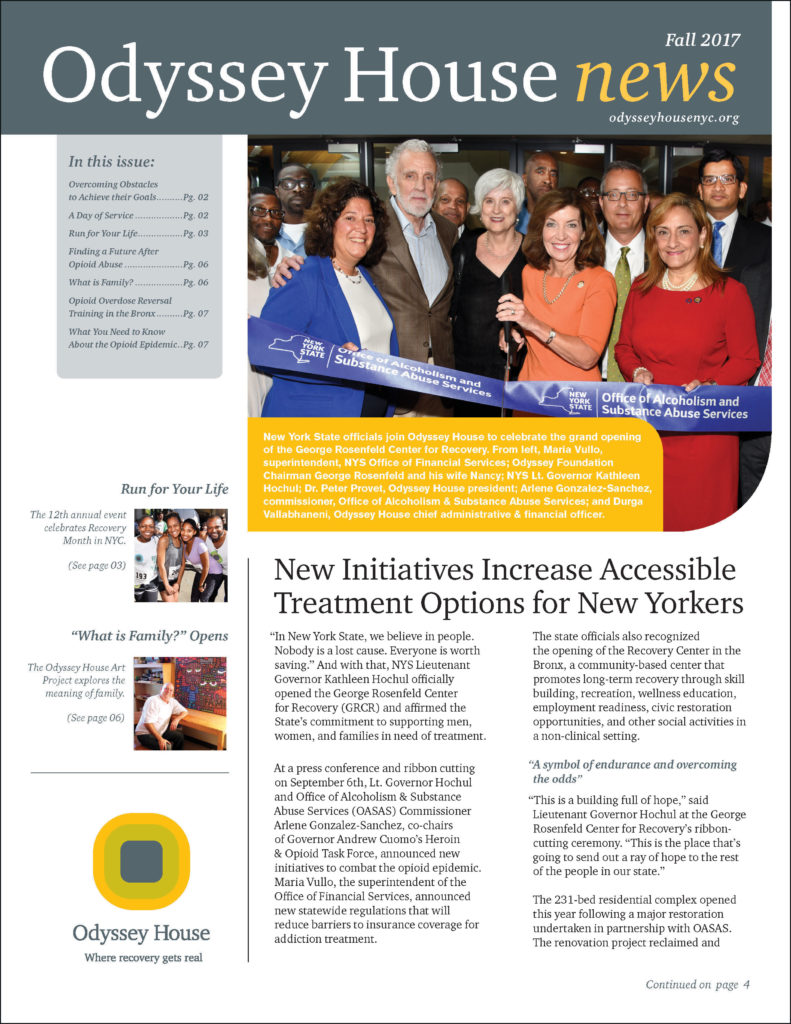

Such kind of carnage has become the seemingly unavoidable byproduct of horse racing, even with stricter monitoring of the animals’ health, the Times’ editorial board wrote. How many more racehorses must die before the sport changes or goes away? Seven horses died in the lead up to the Kentucky Derby. (Hint, housing and cost of living are deciding factors - both of which are political problems that can be solved.) L.A. Among the most-read pieces in the Opinion section this week were two Letters to the Editor, one from a writer sharing why she chose to leave Southern California and one from a writer who chose to stay. You don’t have to be anti-woke to see that. Getting it right has never been more important because with every election cycle the press gets wrong, its credibility declines with the American people.” L.A. There couldn’t be a more important time for the press to play a central role in deciphering what is real and what is not, to filter what is important and what is just noise.

“The 2024 presidential election is sure to be overrun with misinformation. Kurt Bardella, now a Democratic strategist and previously an advisor to congressional Republicans, asks why the Washington media establishment keeps breathlessly reporting on political polling when the data are no longer credible or meaningful in forecasting elections. Let’s hope local, state and federal leaders can start making it easy.īiden’s really bad approval ratings don’t matter. The good news is that Melillo ultimately got his friend into a single-room occupancy hotel downtown, and Bass is lobbying the federal government to ease the rules on housing placements. “Why don’t you assume the guy is poor and needs housing? Put him in the housing and then do all that.” “Why do we have to spend weeks and weeks and weeks trying to get IDs and having someone prove they’re poor?” Bass asked. Why? Federal rules leave people stuck in tiny homes and temporary shelter while the paperwork gets done.

But the mayor’s office has been able to move only 70 people into those units out of roughly 1,200 unhoused people currently staying in hotels after leaving the streets. It’s exactly the kind of bureaucracy and red tape that tripped up Melillo.įor example, there are hundreds of units of permanent supportive housing sitting vacant. “He illustrated the dysfunction very well.”īass spoke with The Times’ editorial board this week about her proposed spending plan for homelessness, and it’s clear that money isn’t the biggest hurdle right now in getting people into stable housing. “It just made me fume,” Bass said of Melillo’s experience. But Melillo soon found himself ensnared in red tape, repeatedly filling out lengthy applications for different agencies, being directed to phone numbers and web pages that didn’t work, driving all over town getting bank account information, doctors’ verifications and medical tests. Melillo, a Hollywood director and producer, figured that with his experience and knowledge of L.A., it would be fairly simple to help his friend find a home.
ODYSSEY HOUSE SERIES
If you haven’t had a chance to watch The Times’ excellent Hear Me Out video series based on letters sent by readers, check out the latest video, in which Los Angeles resident Nicholas Melillo describes in infuriating detail how he tried for more than two years to get a homeless friend into housing.

I’m Kerry Cavanaugh, assistant editorial page editor, filling in for Paul Thornton.


 0 kommentar(er)
0 kommentar(er)
